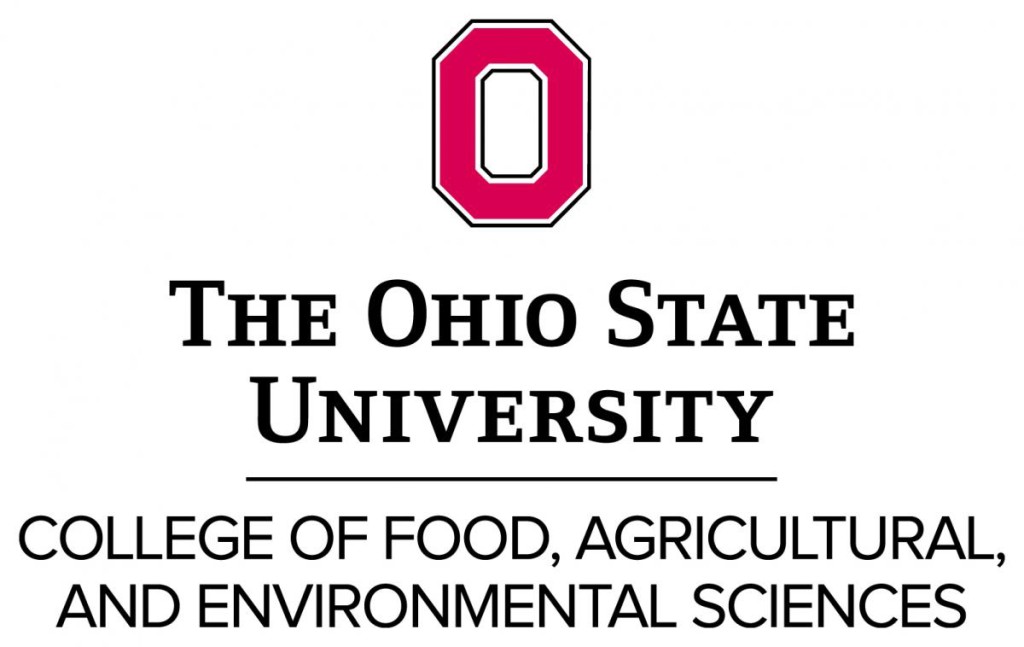By: Peggy Kirk Hall, Thursday, May 10th, 2018
Here’s our gathering of recent agricultural law news you may want to know:
Ohio court upholds conservation easement restriction. In a battle over the future of a property subject to a conservation easement, the Twelfth District Court of Appeals has determined that the easement’s restriction on subdivision of the 76-acre property is valid. The easement requires that the property be retained forever in its natural and agricultural state and prohibits any subdivision of the property. The lower court determined that the subdivision is an invalid and unreasonable restraint on alienation because it does not contain a reasonable temporal limitation, but the Court of Appeals disagreed, noting that the property could still be sold and that the prohibition on subdividing the property was consistent with the purpose of the conservation easement. See Taylor v. Taylor here.
First decision is out in North Carolina nuisance lawsuits. On April 26, 2018, a federal jury found that Murphy-Brown LLC created a nuisance for neighbors living near Kinlaw Farms in North Carolina, where Murphy-Brown raises up 14,688 hogs. A subsidiary of Smithfield, the largest producer of pork in the world, owns Murphy-Brown LLC. Neighbors of Kinley Farms brought the lawsuit in 2014, asserting that the concentrated animal feeding operation (CAFO), with its open air lagoon, spraying of manure on nearby fields, and truck traffic, created “odor, annoyance, dust, noise and loss of use and enjoyment” of their properties. The neighbors also claimed that boxes of deceased hogs and hog waste on the farm attracted buzzards, insects and vermin. The jury found that Murphy-Brown substantially and unreasonably interfered with each of the ten plaintiffs’ use and enjoyment of their property and as a result, awarded each plaintiff $75,000 in compensatory damages and $5 million in punitive damages. Since the initial jury decision, the amount of punitive damages awarded to each plaintiff has been diminished to $250,000 due to a state law limiting such awards in North Carolina. Smithfield/Murphy-Brown LLC plans to appeal the decision. Similar lawsuits brought by neighbors against hog operations in eastern North Carolina will be heard in the near future. Several questions remain to be answered; one is whether Smithfield will be successful in their appeal. Another question is whether this case and the other lawsuits will inspire similar lawsuits against large livestock operations in other states.
Monsanto loses challenge of California glyphosate listing. A California Court of Appeals has held that the state may list glyphosate, the active ingredient in Monsanto’s Roundup product, as a probable carcinogen under California’s Proposition 65, which requires the California Office of Environmental Health Hazard Assessment (OEHHA) to list all chemical agents with a known association to cancer. OEHHA based its listing on a 2015 report from the International Agency for Research on Cancer (IARC) which stated that glyphosate was a “probable” human carcinogen. Proposition 65 allows OEHHA to use an IARC finding for listing determinations, but Monsanto argued that such reliance represented an unconstitutional delegation of authority to a foreign agency. The court disagreed, ruling that OEHHA acted appropriately by relying on the IARC conclusion that glyphosate is a possible carcinogen. Monsanto Company v. Office of Environmental Health Hazard Assessment et al, F075362, 231 Cal.Rptr.3d 537 (Cal. Ct. App. April 19, 2018) is here.
National GMO Standard proposed. On May 4, the Agricultural Marketing Service (AMS) released the administrative rule it proposes to meet the 2016 Congressional mandate to develop a National Bioengineered Food Disclosure Standard. The rule would require that genetically modified or “bioengineered” food be labeled as such. According to the AMS, “[t]he proposed rule is intended to provide a mandatory uniform national standard for disclosure of information to consumers about the [bioengineered] status of foods.” The AMS is asking for interested parties to submit their comments about the proposed rule by July 3, 2018.
Industrial hemp bill on the move. Senate Majority Leader Mitch McConnell’s federal legislation to allow states to regulate industrial hemp is gaining traction. The National Association of State Departments of Agriculture is supporting the bill and encouraging Congress to “provide an opportunity toward full commercialization of this new crop opportunity for farmers.”
More on Arkansas dicamba ban. In Arkansas, where the fight over the use of dicamba has raged for the past few years, the state Supreme Court has overruled several lower court judges’ rulings that certain farmers be exempted from the statewide ban on applying the volatile herbicide. The Arkansas State Plant Board has banned the use of dicamba in the state from April 16 through October 31 of this year.
